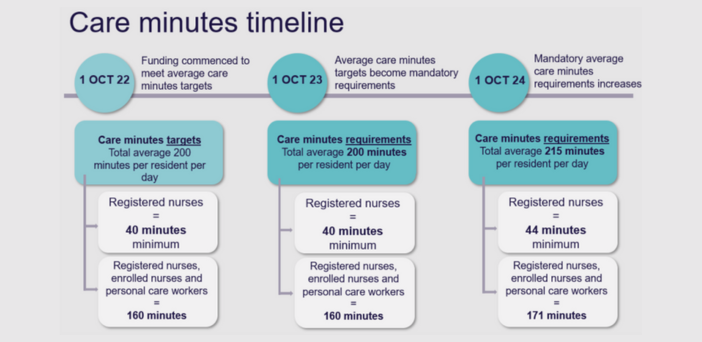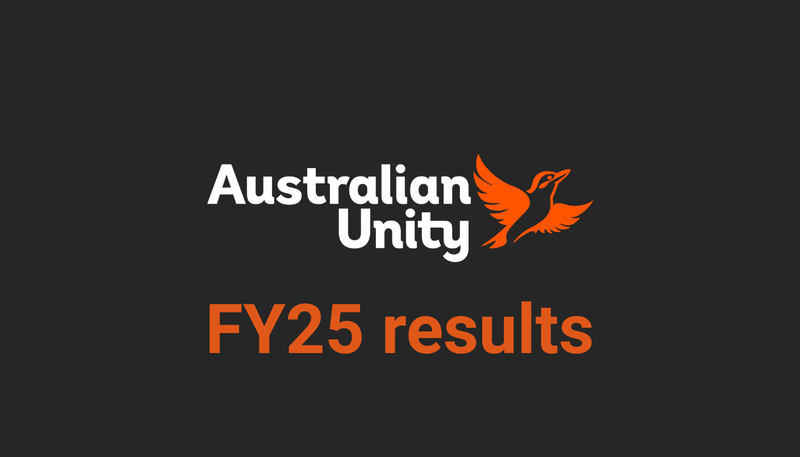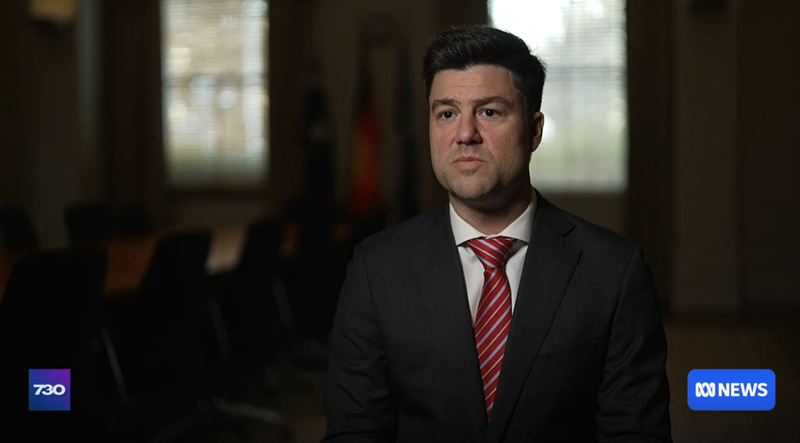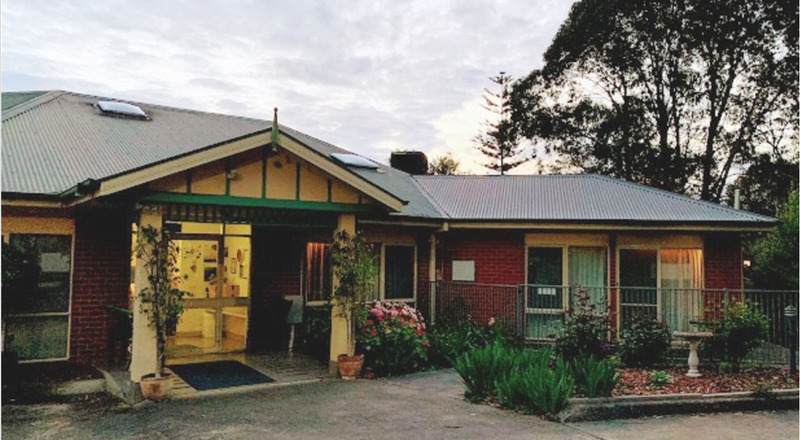Sink or swim: residential care operators will face a rocky road over next 12 months
With the weeks counting down to the introduction of mandated direct care minutes on 1 October, residential care operators are facing a tough choice. The last 12 months have brought a number of positive changes for the sector including the new...

With the weeks counting down to the introduction of mandated direct care minutes on 1 October, residential care operators are facing a tough choice.
The last 12 months have brought a number of positive changes for the sector including the new Australian National Aged Care Classification (AN-ACC) funding model and the Fair Work Commission’s 15% wage rise for direct care workers.
These measures have been reflected in the full year financial results of the two listed aged care providers – Estia Health and Regis Healthcare – over the last two weeks.
As we report in this issue, Regis Healthcare recorded an uplift in its financial performance on the back of increased occupied bed days, AN-ACC, and improved resident revenue.
But again, residential care operators are staring down the barrel of more reforms that are likely to impact the bottom line.
Aged care accountants StewartBrown warned the sector back in May that the introduction of mandated care minutes – just four weeks from now – would erode any gains from the increased AN-ACC funding and the FWC ruling.
“Essentially, the additional funding will be absorbed through the increased (and necessary) staff costs to meet the FWC ruling,” it wrote.
This ‘transitional’ benefit will be gone – and operators will have to face the fall out.
Some operators short on 200 care minutes
Despite the additional funding, some providers also report they are falling short of the minutes – a fact being blamed on workforce shortages.
Even operators that have had 24/7 Registered Nurses in place for many years – well before the 1 July requirements – say they are struggling to compete with other sectors for Registered Nurses and personal care workers.
Operators can turn to agencies to fill the gap – but this comes at a considerable cost to the bottom line.
Add in the various new reporting requirements and the increase in care minutes to 215 from October next year and the financial pressures will again be increasing over the coming 12 months.
Operators have only two options: sink or swim.
Acquisitions falling over
A number are sinking – we understand that a number of providers are looking to exit the sector but are struggling to find a buyer due to compliance and financial issues.
Others are swimming. Estia Health and Regis Healthcare have both flagged they want to take advantage of the consolidating market in the coming year.
There is some good news on the horizon, however.
Today marks the deadline for submissions to the Aged Care Taskforce – with the Taskforce due to deliver its Interim Report in October, the sector can also expect to hear more about solutions in the coming months.
In this week’s issue of SATURDAY, we speak to a number of CEOs who outline their vision for a sustainable aged care funding model – and also look at some of the options for increasing consumer contributions in home care.
The SOURCE: With financial pressures expected to increase, can the Aged Care Taskforce deliver some options to ensure the long-term sustainability of the residential care sector? Without a solution, more homes are likely to close their doors while other operators will pull back further on building new beds.





